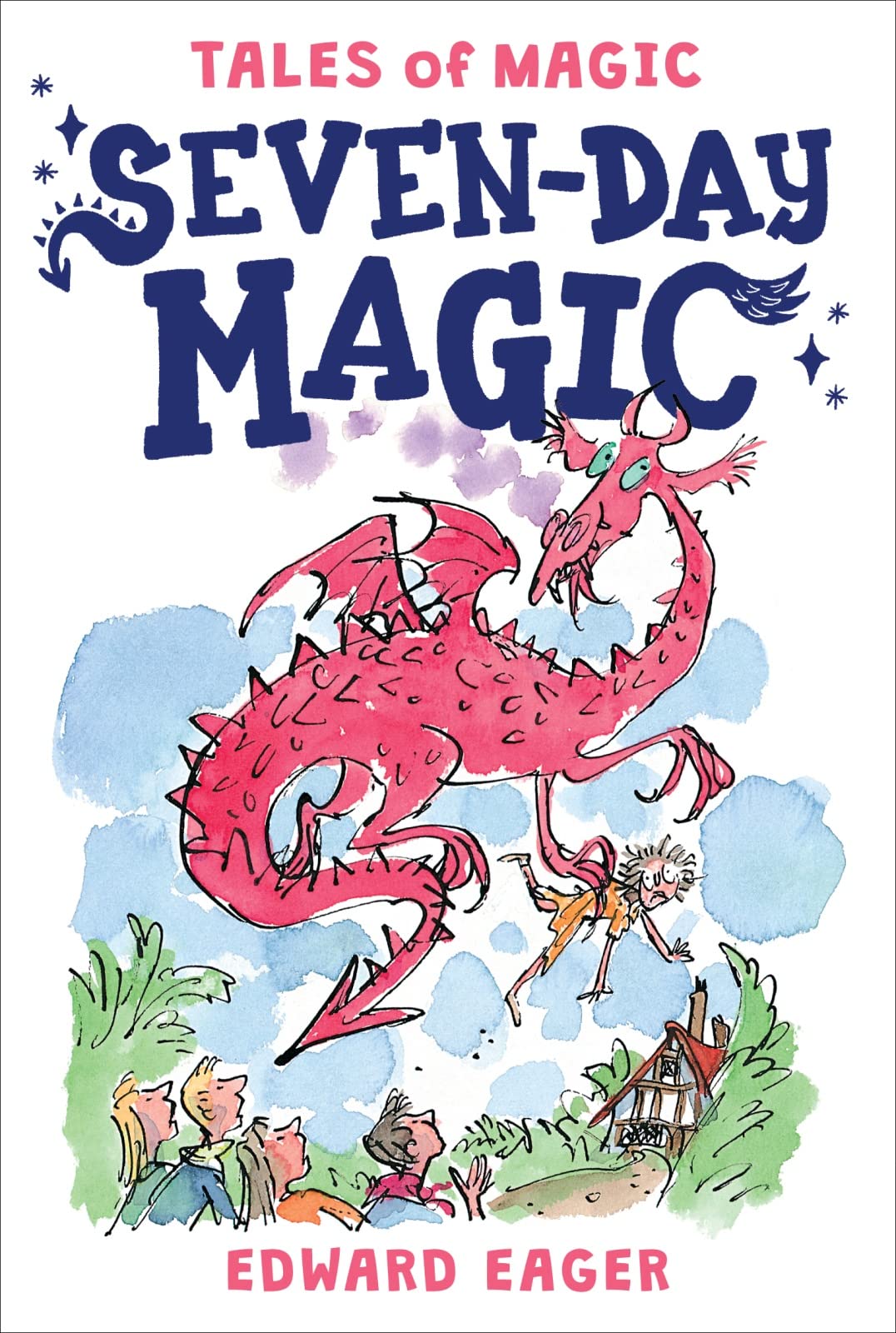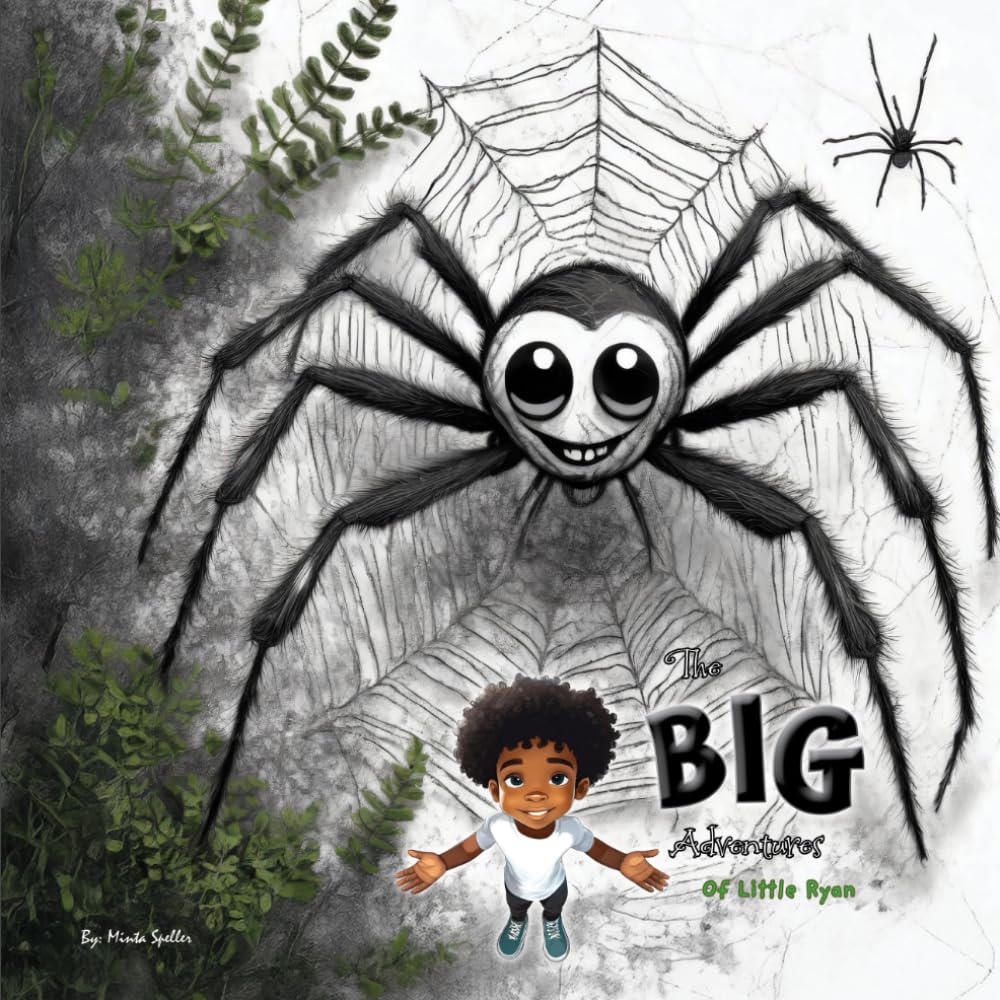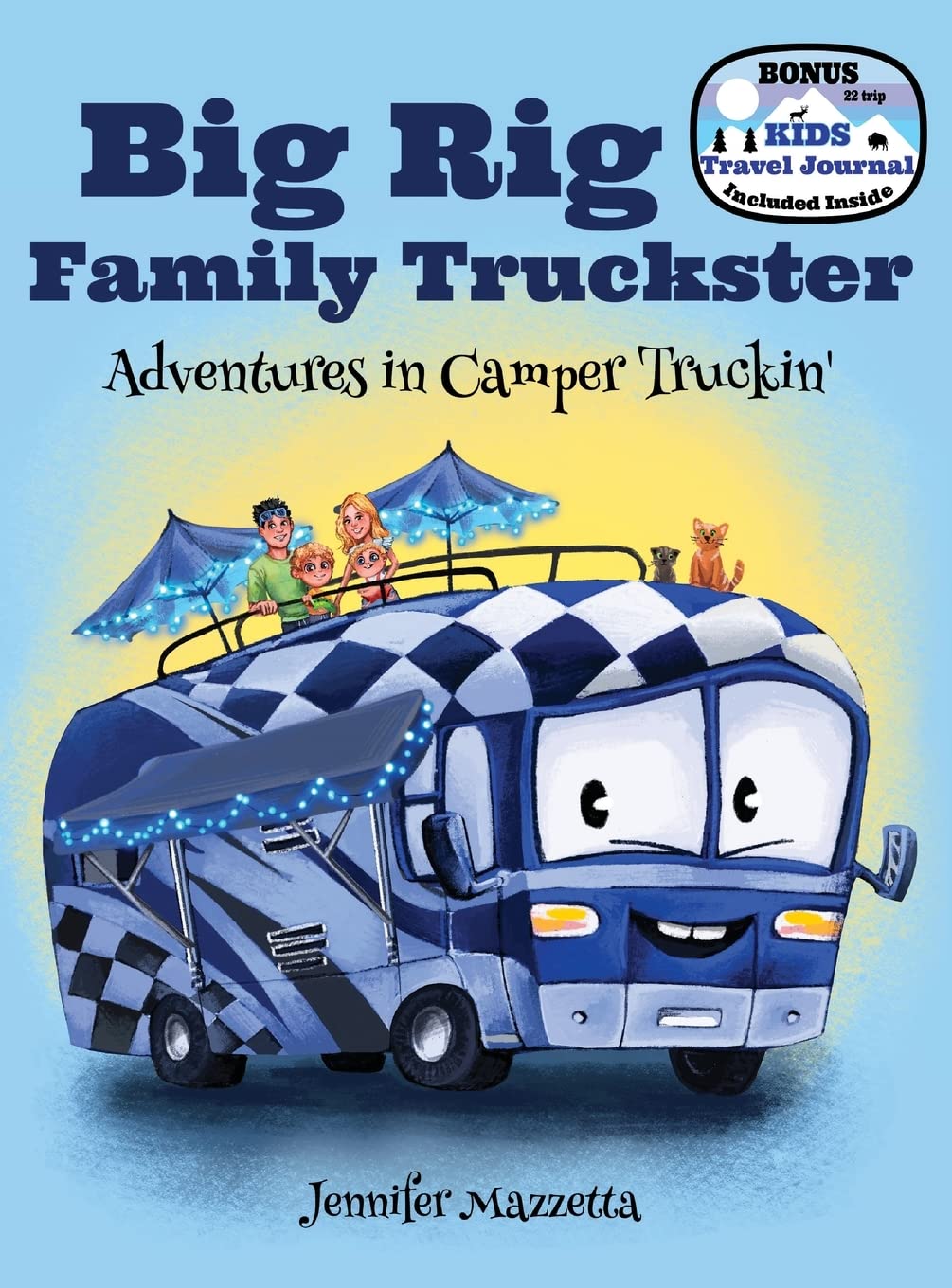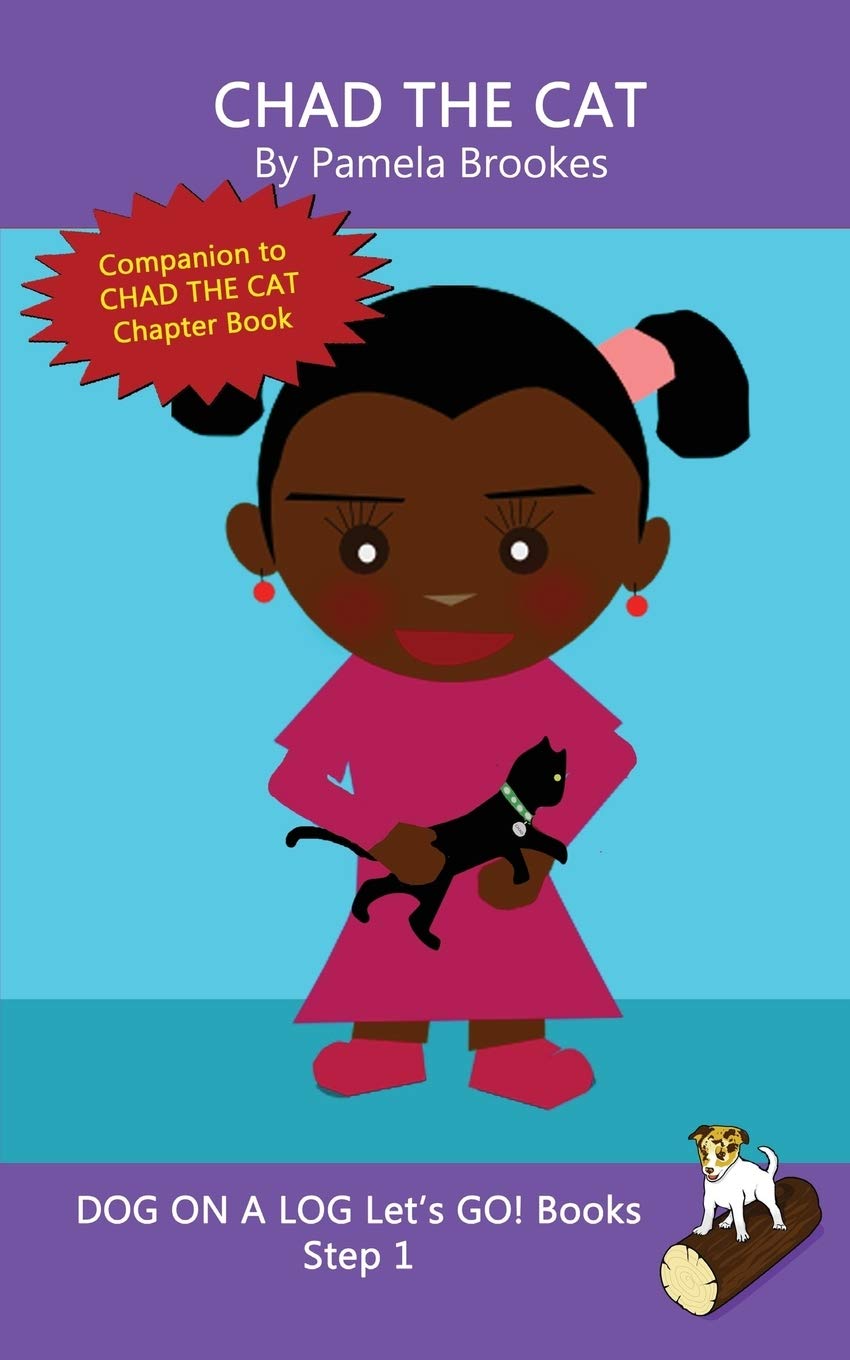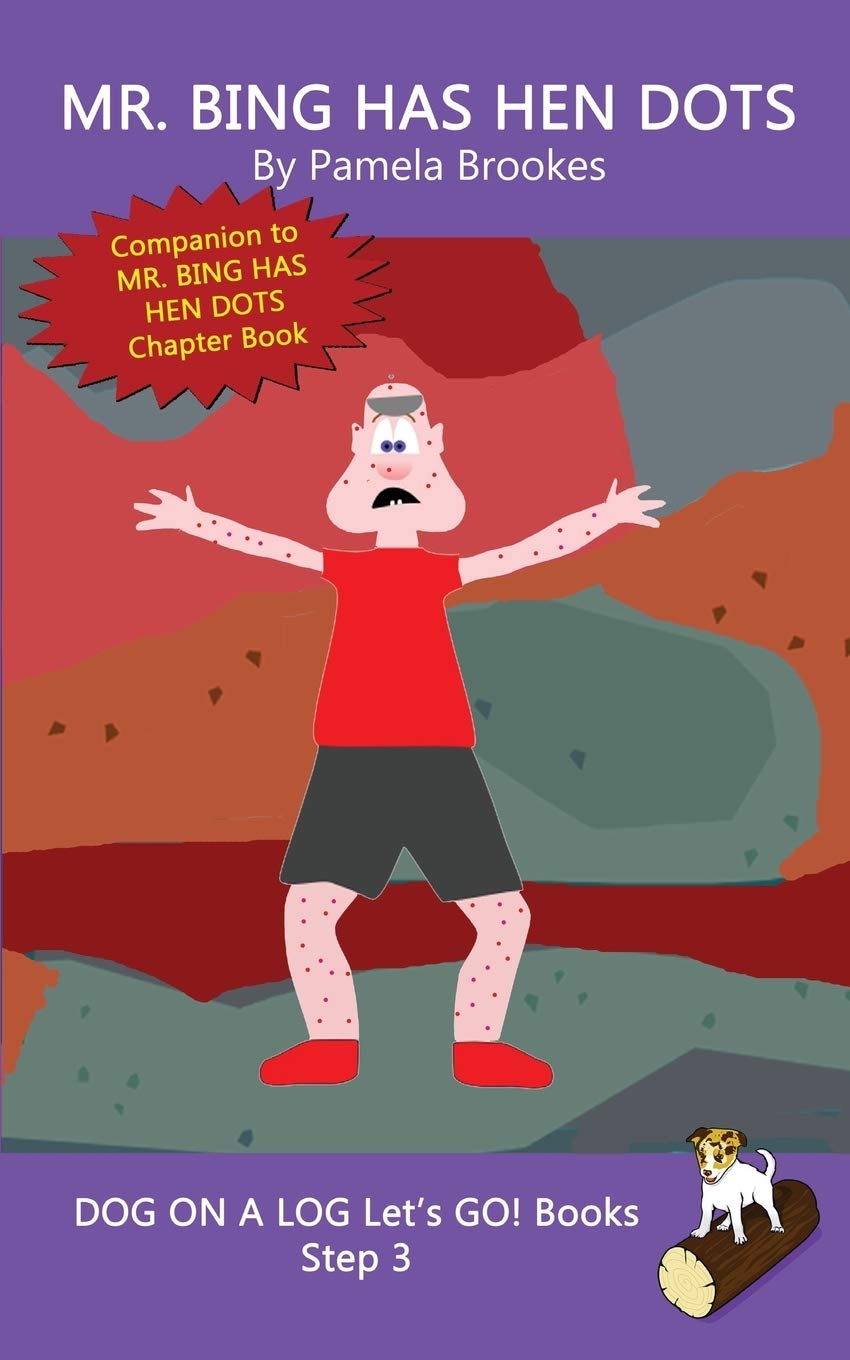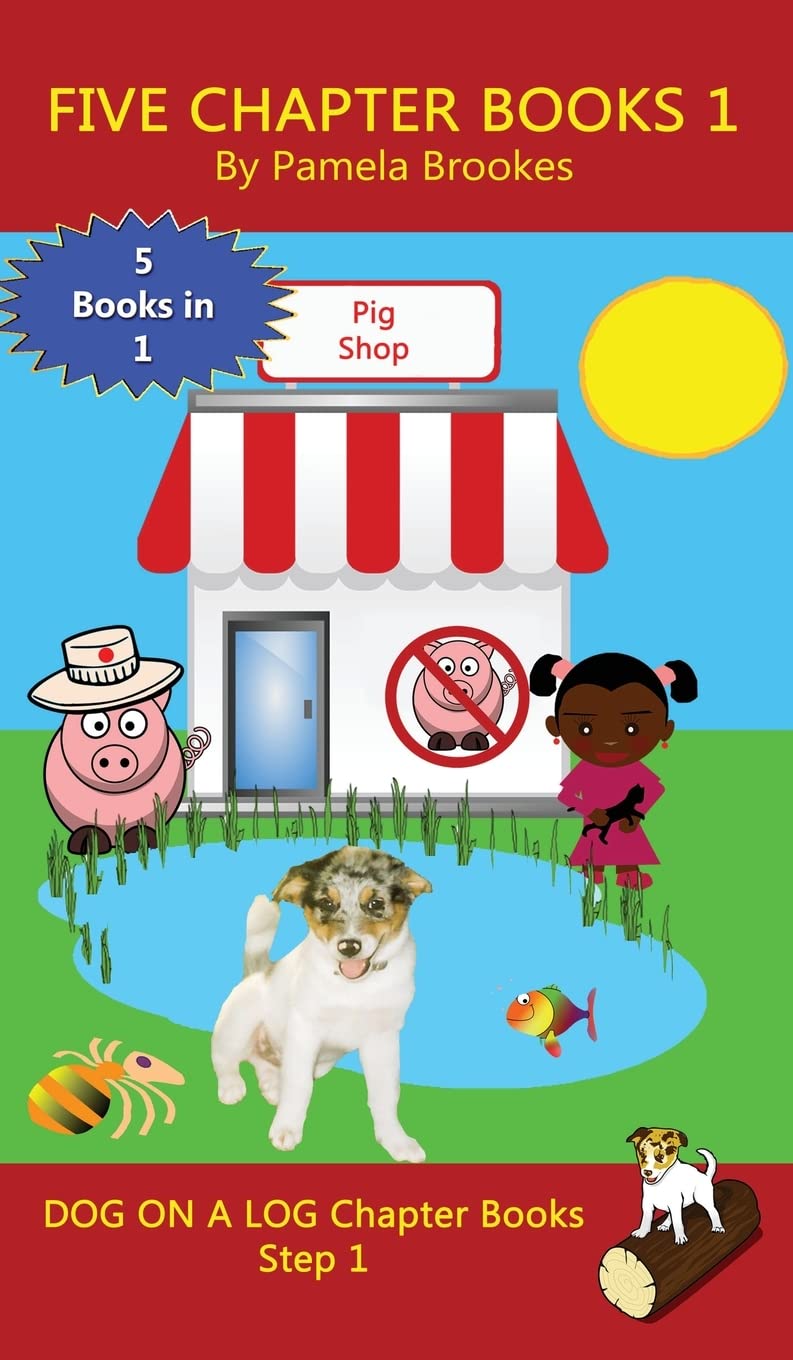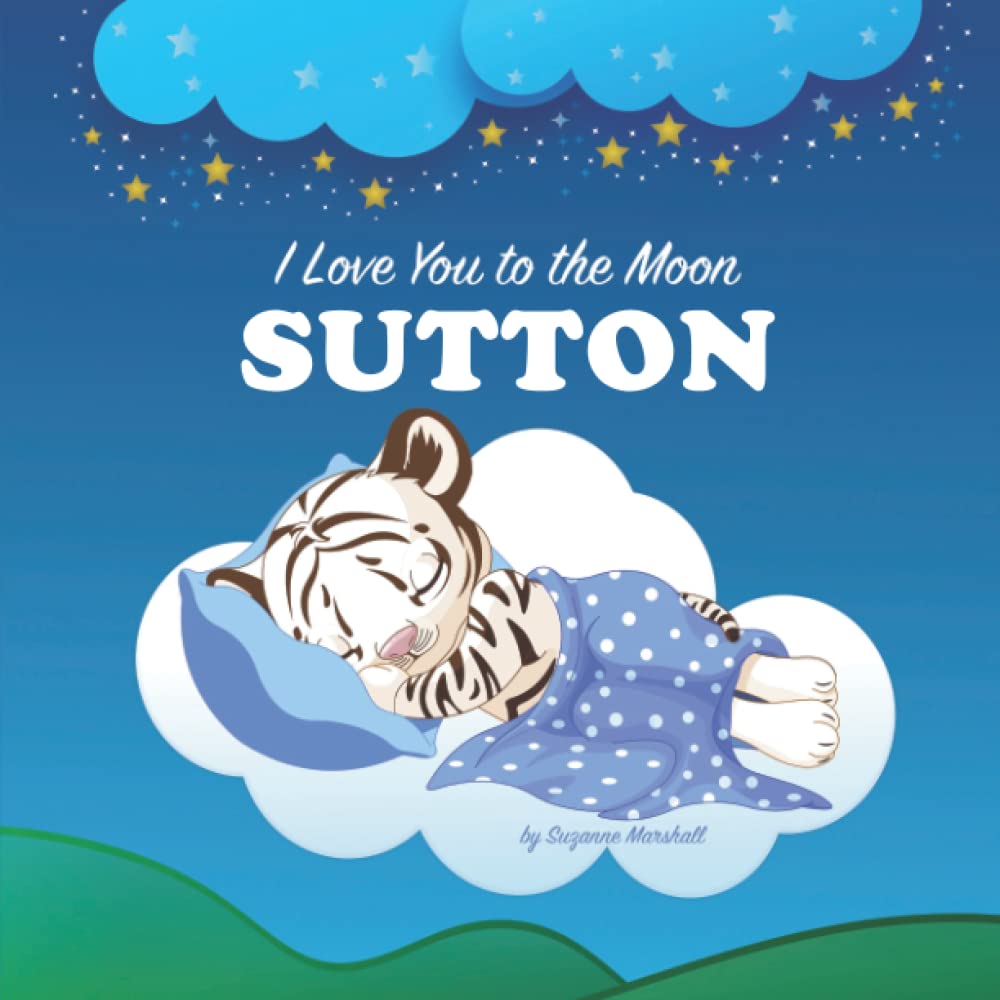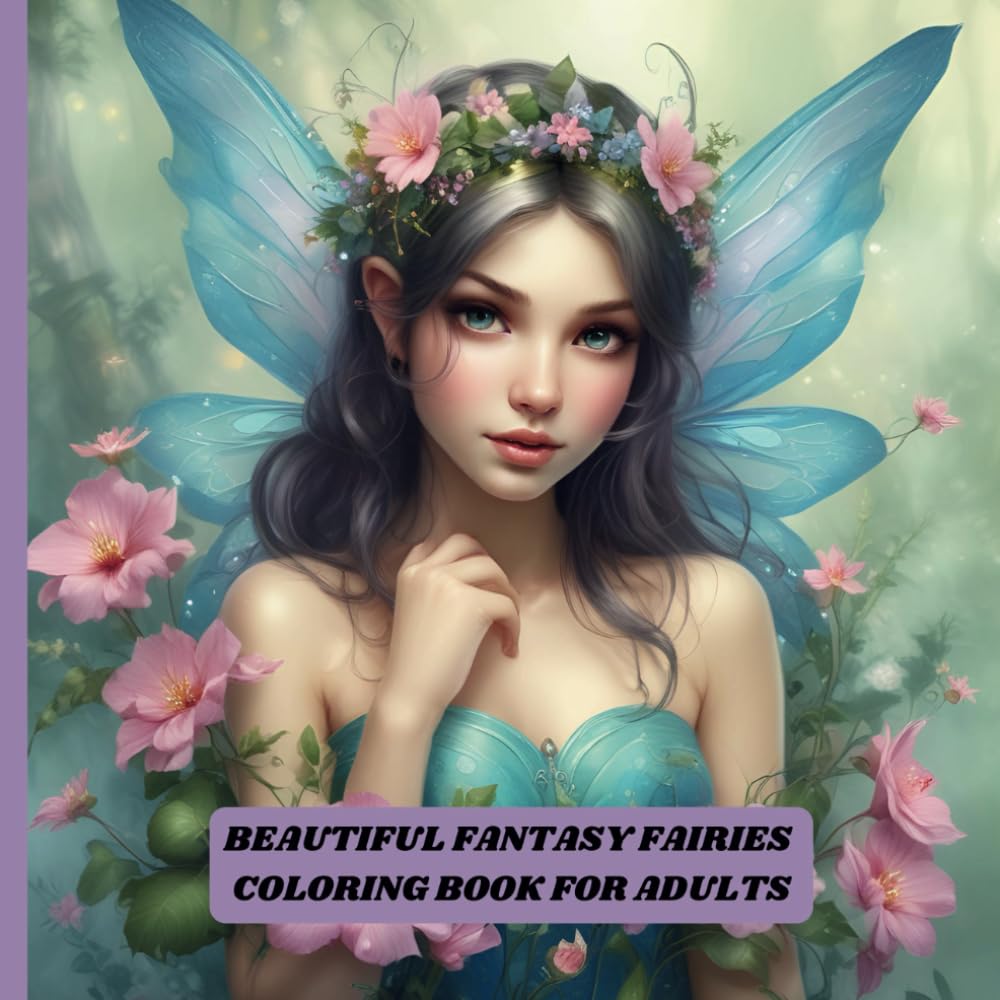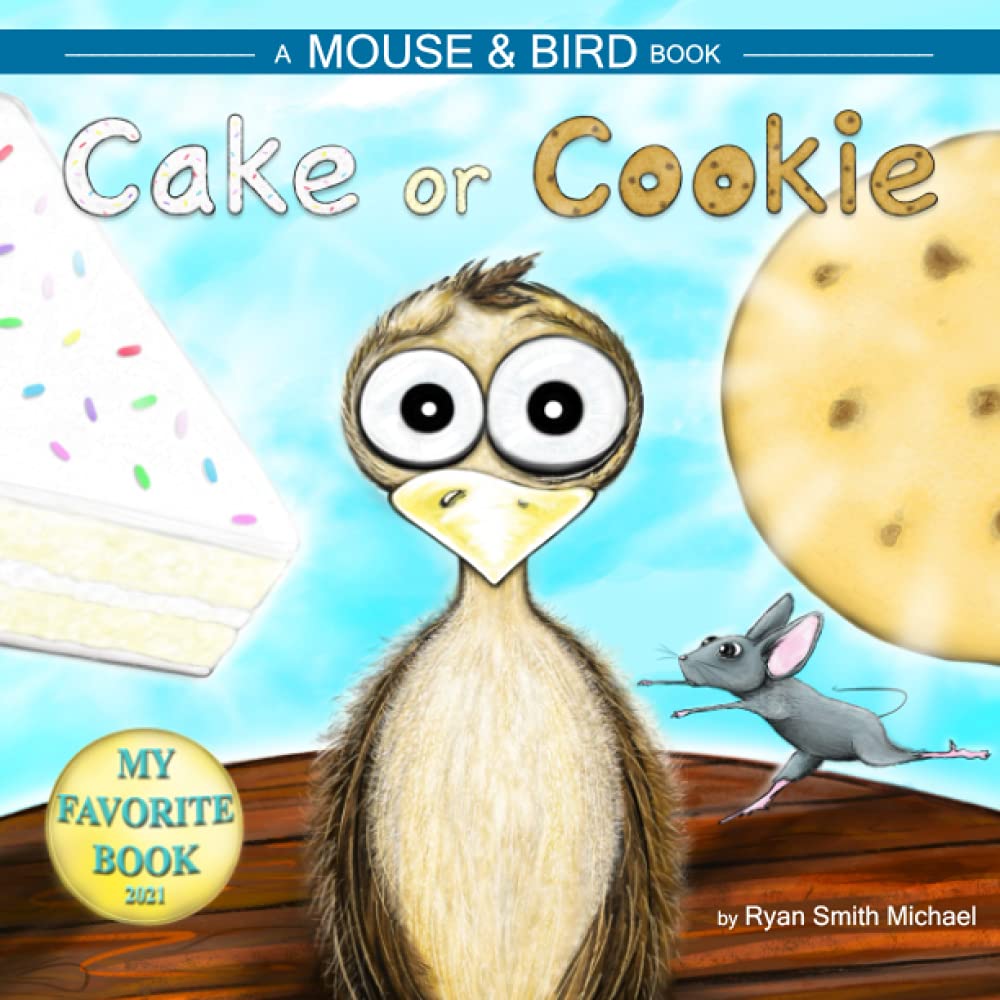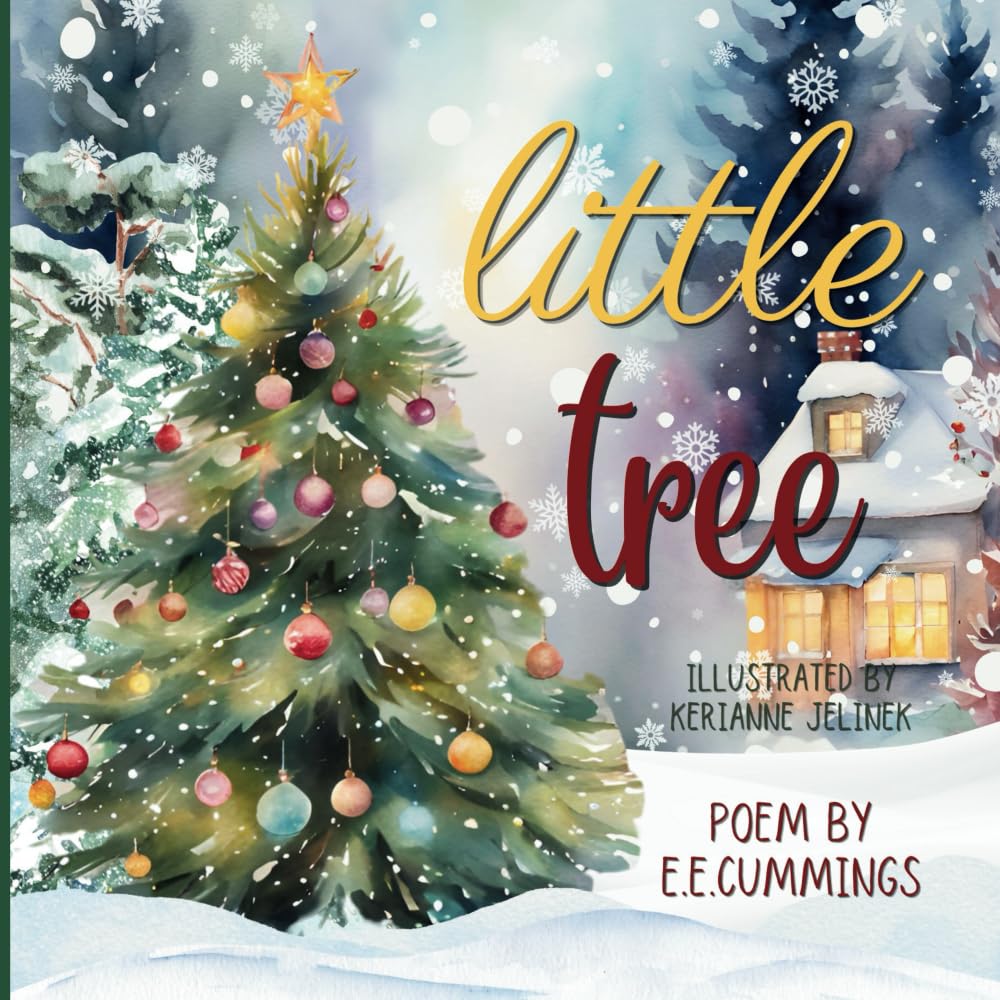The seventh and concluding volume in the series called "truly magic in a reader's hands" by Jack Gantos, Newbery Medal winner for Dead End in Norvelt. All books are magic, but some are more magical than others. When Susan opens a strange library book, she discovers it is about her and her friends, leading up to the moment when she opened the book. Beyond that, the pages are blank . . . waiting for the children to wish the book full of adventures. Fredericka asks for wizards and beasties, and a dragon carries her off. Susan journeys to the world of Half Magic, and finds that mixing magic creates trouble—far too much to deal with before the book is due back at the library. Will their adventure end happily ever after? This funny and gentle classic series is an enjoyable read-aloud and also a strong choice for independent reading. For fans of such favorite series as The Penderwicks and The Vanderbeekers. Enjoy all seven of the middle grade novels in Edward Eager's beloved Tales of Magic series! “Luckily for Edward Eager’s fans, the children in his latest book are just as lively and literary as those in Half Magic . . . . Mr. Eager's seventh book . . . proves that his pen works magic with just about any number." — The New York Times Book Review — Edward Eager (1911–1964) worked primarily as a playwright and lyricist. It wasn’t until 1951, while searching for books to read to his young son, Fritz, that he began writing children’s stories. His classic Tales of Magic series started with the best-selling Half Magic, published in 1954. In each of his books he carefully acknowledges his indebtedness to E. Nesbit, whom he considered the best children’s writer of all time—“so that any child who likes my books and doesn’t know hers may be led back to the master of us all.” 1 Finding It “The best kind of book,” said Barnaby, “is a magic book.” “Naturally,” said John. There was a silence, as they all thought about this and how true it was. “The best kind of magic book,” said Barnaby, leaning back against the edge of the long, low library table and surveying the crowded bookshelves, only seeming somehow to look beyond them and beyond everything else, too, the way he so often did, “is when it’s about ordinary people like us, and then something happens and it’s magic.” “Like when you find a nickel, except it isn’t a nickel—it’s a half-magic talisman,” said Susan. “Or you’re playing in the front yard and somebody asks is this the road to Butterfield,” said Abbie. “Only it isn’t at all—it’s the road to Oz!” shrilled Fredericka, jigging up and down excitedly, for she had read the book in which this happens. The lady sitting at the far end of the table sighed and looked up, putting her hand to her head as if it ached. “Please,” she said. “Can’t we have quiet?” “Now, now!” Miss Dowitcher, the librarian, wagged a finger in merry reproof as she skimmed past. “Now, now. This is a children’s room, you know. It’s for the children to enjoy.” The lady sighed again, closed the book she was reading, and opened another. Abbie tried to catch her eye and look sympathetic, but the lady would not meet her gaze. Abbie knew the lady well, by sight. She was called Miss Prang, Miss Eulalie Smythe Prang, and she spent most of her days in the children’s room at the library, looking in the different books and taking things out. When she had taken enough out, she put it together into a new book. There were a lot of her books on the library’s shelves already, but they were not the kind of magic books Barnaby and John and Susan and Abbie and Fredericka had in mind. Mostly they were about dear little fairies who lived in buttercups. Abbie sometimes thought that if Miss Prang would listen when she heard children talking, instead of sighing and putting her hand to her head, it might do her books a lot of good. For instance, she ought to be listening to Barnaby right now. “The best kind of magic book,” Barnaby was saying, “is the kind where the magic has rules. And you have to deal with it and thwart it before it thwarts you. Only sometimes you forget and get thwarted.” Everybody began talking at the same time, and the name of E. Nesbit was heard in more than one voice, for she was the five children’s favorite author and no wonder (though Fredericka liked the Oz books nearly as well). “Why couldn’t she have lived forever?” said Abbie, taking that best of all Nesbit books, The Enchanted Castle, down from the shelf and looking at it with loving eyes. “We’ve read all of hers, and nobody seems to do books like that anymore.” “If you could have a brand-new magic book, specially made for you,” said John, “what would you choose?” “One about a lot of children,” said Abbie. “One about five children just like us,” said Fredericka. “And they’re walking home from somewhere and the magic starts suddenly before they know it,” said Susan. “And th
